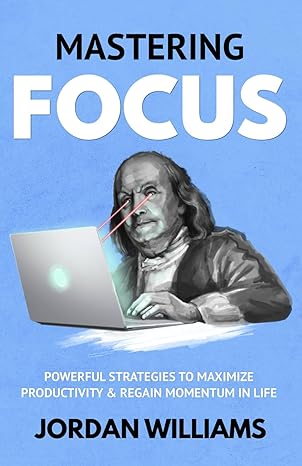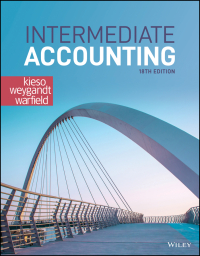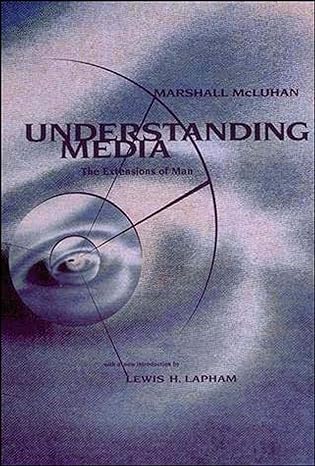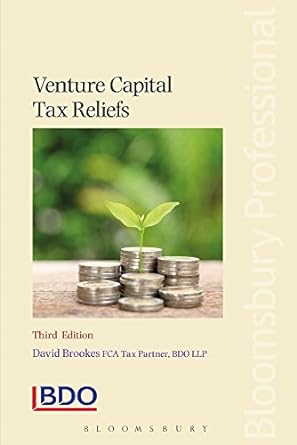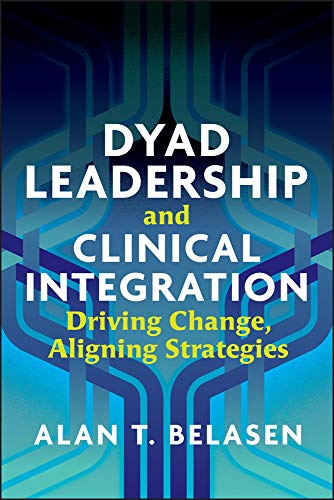Go back

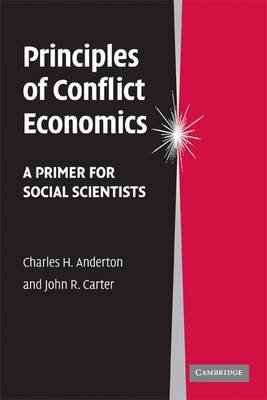
Principles Of Conflict Economics A Primer For Social Scientists(1st Edition)
Authors:
Charles H. Anderton

Cover Type:Hardcover
Condition:Used
In Stock
Include with your book
Free shipping: April 04, 2024Popular items with books
Access to 3 Million+ solutions
Free ✝
Ask 10 Questions from expert
200,000+ Expert answers
✝ 7 days-trial
Total Price:
$0
List Price: $65.00
Savings: $65(100%)
Book details
ISBN: B0088OUK78
Book publisher: Cambridge University Press Mar-01-2009
Get your hands on the best-selling book Principles Of Conflict Economics A Primer For Social Scientists 1st Edition for free. Feed your curiosity and let your imagination soar with the best stories coming out to you without hefty price tags. Browse SolutionInn to discover a treasure trove of fiction and non-fiction books where every page leads the reader to an undiscovered world. Start your literary adventure right away and also enjoy free shipping of these complimentary books to your door.
Principles Of Conflict Economics A Primer For Social Scientists 1st Edition Summary: Conflict economics contributes to an understanding of violent conflict in two important ways. First, it applies economic analysis to diverse conflict activities such as war, arms races, and terrorism, showing how they can be understood as purposeful choices responsive to underlying incentives. Second, it treats appropriation as a fundamental economic activity, joining production and exchange as a means of wealth acquisition. Drawing on a half-century of scholarship, this book presents a primer on the key themes and principles of conflict economics. Although much work in the field is abstract, the book is made accessible to a broad audience of scholars, students, and policymakers by relying on historical data, relatively simple graphs, and intuitive narratives. In exploring the interdependence of economics and conflict, the book presents current perspectives of conflict economics in novel ways and offers new insights into economic aspects of violence.
Customers also bought these books
Frequently Bought Together
Top Reviews for Books
Vicky yu
( 4 )
"Delivery was considerably fast, and the book I received was in a good condition."




